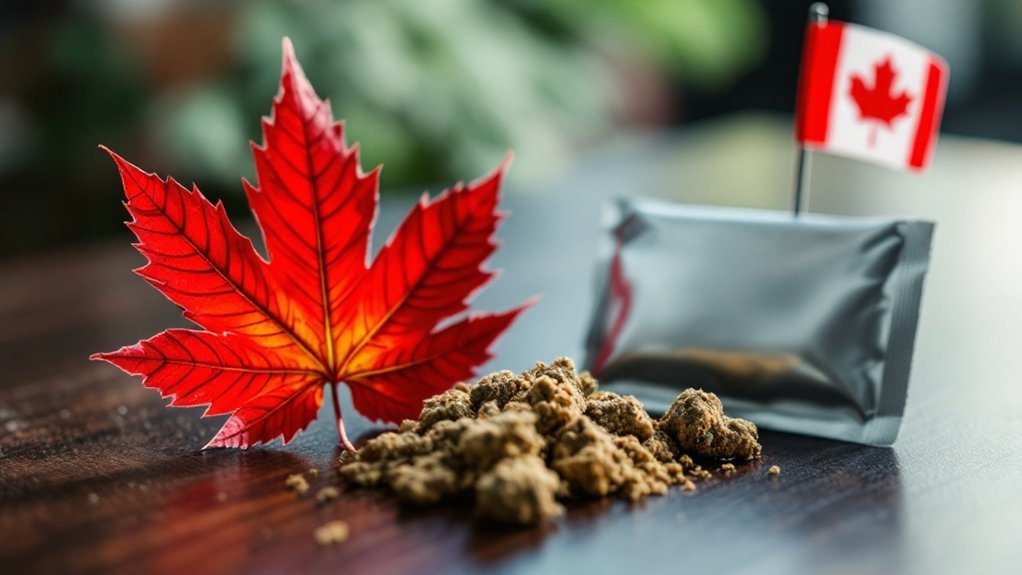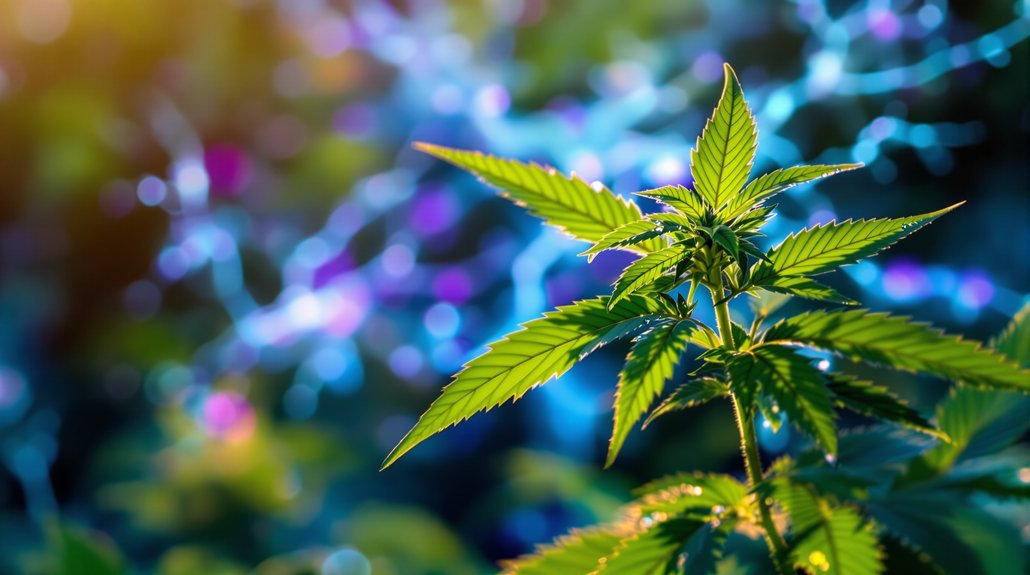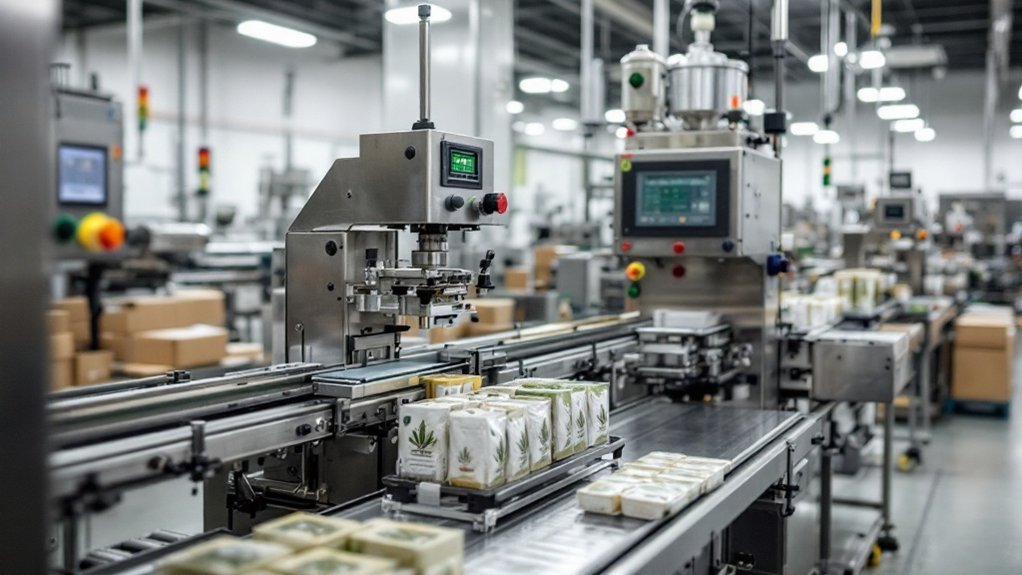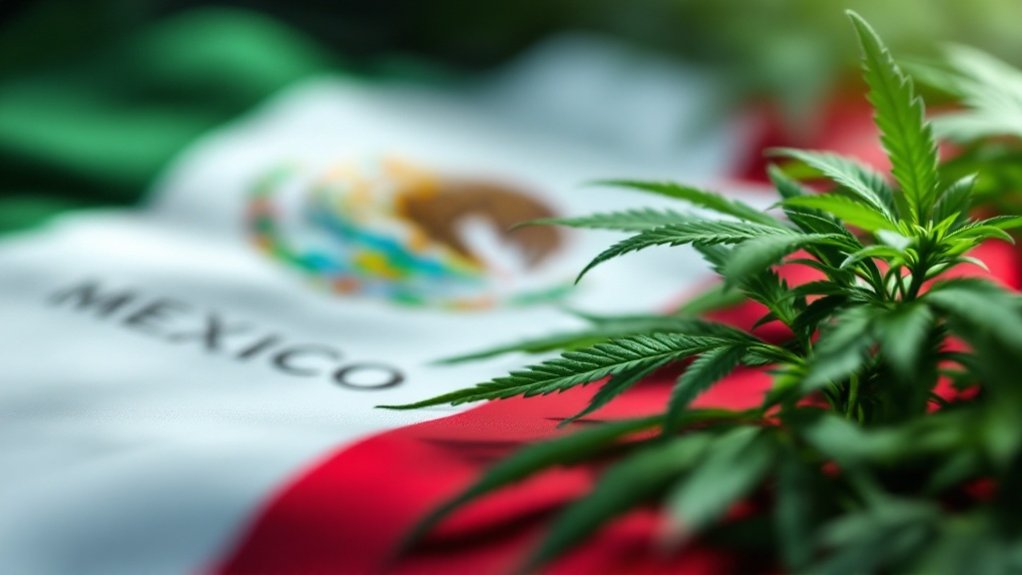Cannabis is fully legal in Canada since October 17, 2018. Adults 18+ can possess 30 grams of dried product in public and grow up to four plants per household (except in Quebec and Manitoba). The landmark Bill C-45 made Canada the second country worldwide to legalize recreational marijuana after Uruguay. Domestic flights? No problem. International travel? Don’t even think about it. The details matter for those wanting to stay on the right side of this green law.
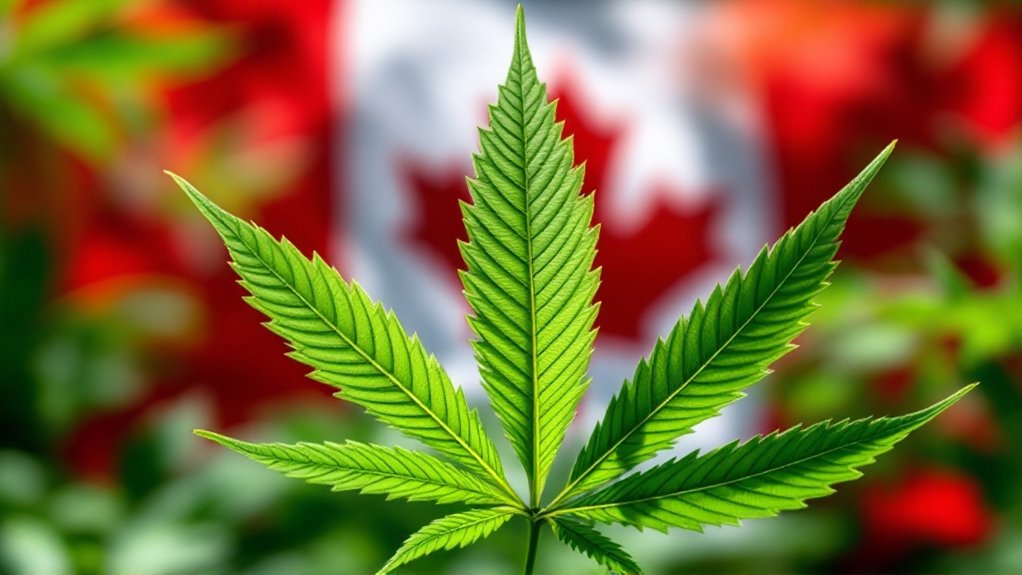
Countless Canadians marked October 17, 2018, on their calendars—the day that changed everything for pot enthusiasts across the nation. After nearly a century of prohibition that began when cannabis was added to the Opium and Drugs Act in 1923, the Cannabis Act officially came into force. Canada became the second country globally to legalize recreational marijuana, following Uruguay’s bold move.
A century-long prohibition ended as Canada made history legalizing recreational cannabis, second only to Uruguay’s groundbreaking move.
The path to legalization wasn’t overnight. Bill C-45, introduced in 2017 by the Task Force on Cannabis Legalization and Regulation, passed through the Senate on June 19, 2018. Then came the waiting game until October. Ian Power, age 46, made history as the first person to legally purchase recreational cannabis in the newly established market.
So what’s legal now? Adults 18 and older can possess up to 30 grams of dried cannabis in public. Want to grow your own? Each household can cultivate up to four plants from licensed seeds. Unless you live in Quebec or Manitoba—they opted out. Tough luck.
The retail landscape varies dramatically depending on which province you call home. All provinces offer online sales, but brick-and-mortar options differ wildly. Over 100 cannabis stores opened their doors that first month. Quite the shopping spree.
Travel rules? Simple. Domestic flights with 30 grams? Fine. International borders with any amount? Absolutely not. Uncle Sam doesn’t care if it’s legal in Canada—previous cannabis use could still get you banned from crossing the border. Not kidding.
The government’s approach wasn’t just about letting people get high legally. They aimed to protect youth, crush criminal profits, and create a regulated market. Health Canada oversees the whole operation with a public health approach, including educational campaigns about risks and responsible use.
Economically, legalization created a legitimate retail sector, complete with jobs and tax revenue. Cannabis stores even earned “essential industry” status. Who would’ve thought? From criminal enterprise to essential business in just a few years. Times change. The industry has grown impressively, with regulated cannabis sales reaching CA$2.6 billion in 2020. Canada’s legalization has contributed to a global movement where nearly 50 countries have now established some form of legal cannabis framework, either for medical or recreational purposes.
Frequently Asked Questions
Can Employers Test for Cannabis Use in Legal Provinces?
Yes, employers can test for cannabis in Canada’s legal provinces, but with major restrictions.
Testing is primarily allowed in safety-sensitive workplaces, not your average office job. Pre-employment screening happens for risky positions.
Random testing? Rarely justified unless there’s proven workplace drug problems.
The kicker: testing positive doesn’t necessarily mean someone’s impaired at work. Cannabis lingers in the body long after the high fades.
Employers need solid reasons, not just suspicions.
What Are the Penalties for Exceeding Personal Possession Limits?
Exceeding Canada’s 30-gram public cannabis possession limit isn’t just frowned upon—it’s criminal.
Penalties can be harsh. Bill C-45 doesn’t mess around with violators. They’ll face criminal prosecution, potential jail time, and hefty fines. No slaps on the wrist here.
The 2025 amendments kept these strict measures intact. Authorities process violations through the criminal justice system, treating them as serious offenses.
Different rules, different consequences. Simple as that.
How Does Legalization Affect Cross-Border Travel to the US?
Canada’s cannabis legalization means nothing at the US border.
Zero. Zilch.
Federal US law still views marijuana as illegal, period.
Carrying weed across the border? Expect criminal charges.
Working in the legal cannabis industry? You might be denied entry.
The consequences can be severe – lifetime bans aren’t uncommon.
Border officials don’t care about your medical prescription either.
Cross-border cannabis confusion? Too bad.
Federal law trumps all.
Can Landlords Prohibit Cannabis Use in Rental Properties?
Yes, landlords can prohibit cannabis smoking in rental properties.
New leases can ban both smoking and cultivation outright.
But here’s the catch—they can’t retroactively change existing agreements without tenant consent.
Medical users? They might request accommodation under human rights codes, but it’s not a free pass.
Non-smoking methods like edibles generally fly under the radar.
Landlords can still evict if your pot habit disturbs neighbors.
Rules are rules, folks.
How Are Cannabis-Impaired Driving Offenses Detected and Penalized?
Cannabis-impaired drivers face a tough road.
Police detect them using Standardized Field Sobriety Tests, enhanced with finger-to-nose tests and checks for eyelid tremors.
Oral fluid screeners detect THC presence. Not good enough? Drug Recognition Experts step in.
The penalties? Brutal.
Just 2 nanograms of THC per milliliter of blood lands you a summary offense.
Five or more? Criminal charges.
Refusal to test carries the same penalties.
Harsh, but necessary.
